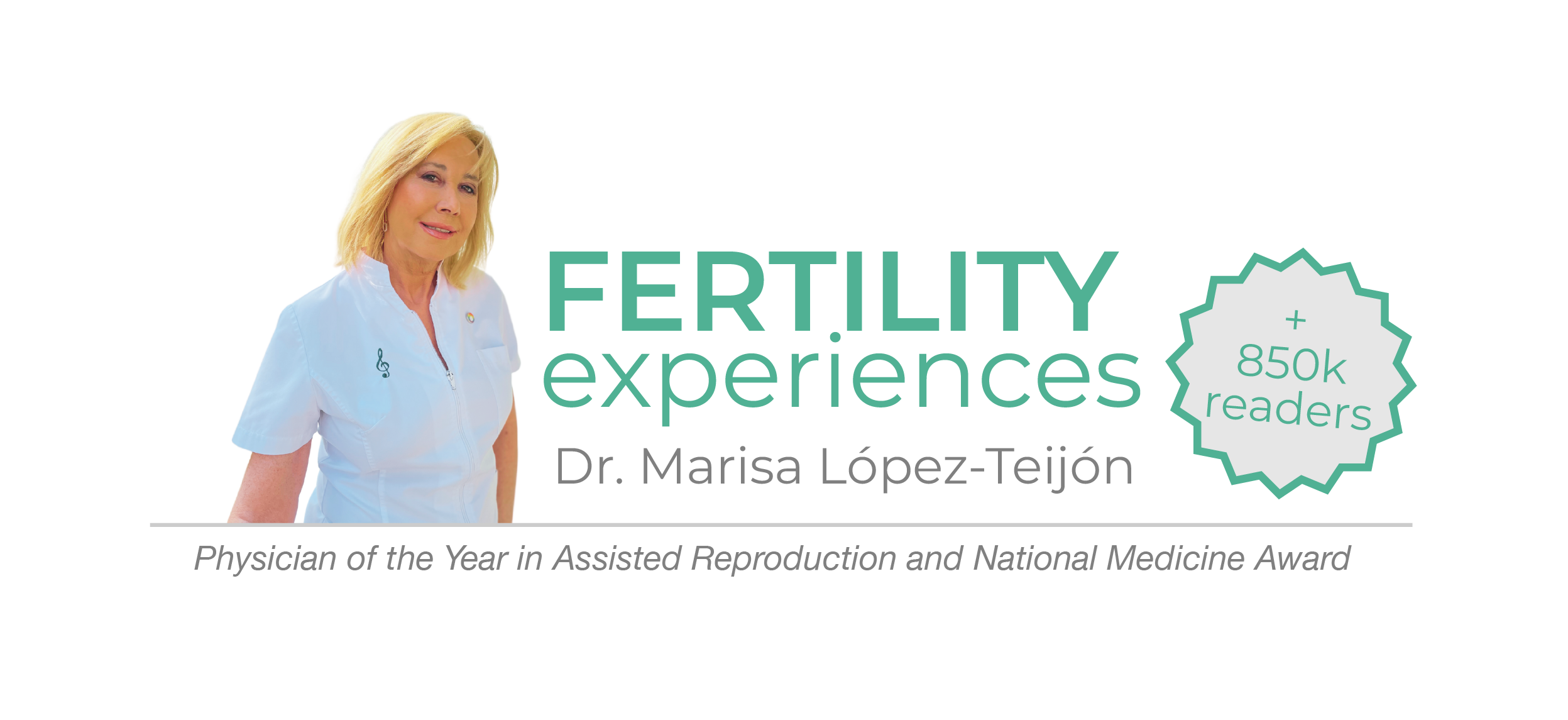At the end of last year I followed the Climate Action Summit that was held in Madrid. One of the scientists attending the event claimed that he had never seen such a great disconnection between science, what citizens ask for and negotiators. I don’t see it that way, on the contrary, I think we’ve never been better and maybe it’s the beginning of change. I’ll tell you about my experience.
In 2002 I led a study about the sperm quality of Spanish males and we were pioneers in providing the scientific community with evidence that the causes classically attributed to the worsening of semen quality (stress, tight pants, alcohol, etc.) were a myth and that the reality of the problem comes from toxic chemicals. We are currently developing both in Italy and in Ireland sperm studies which are accompanied by the information campaign “Toxics are breaking our balls”.
As a result of the first study, I have devoted a great deal of time in my professional life to chemical toxics, industrial pollution and to pollution caused by persistent organic pollutants. Well, this is only noticeable on my resume of scientific publications. You cannot imagine the number of interviews, actions, writings and complaints that I have made that have not been published or that have not had the slightest impact.
I believe that this is due to many causes: there are a lot of conflicts of economic interests that lead to misinformation or sensationalist news and people are fed up with lies and exaggerations on these issues, as well as with the lack of judgement to be able to have their say. Aligning with ecology is difficult because it turns out that “chemical toxics” are making our lives easier and we are not willing to give them up or to exchange them for more expensive alternatives. Furthermore, this is a global problem. Many governments only make short-term policies but, in this matter, the only really effective measures have to be global. There is no point in the European Union banning the use of a substance, if we then buy it in countries where they produce it because it is allowed there. In a world of global trading, if a certain pesticide is vetoed and then we eat fruit coming from somewhere else, the problem is neither being correctly addressed nor corrected.
Currently, Institut Marquès has an open line of research on ozone levels and their impact on In Vitro Fertilisation and embryo implantation.
On the other hand, we contribute to the improvement of the environment with our Corporate Social Responsibility initiative “The Forest of Embryos“. For each baby that we help to be born we plant a tree in a forest in Tarragona, home of petrochemical industries. The Forest of Embryos has been selected by the project Comunidad #PorElClima (Community #ForTheClimate) as one of 101 business examples that are recognised for their commitment and work in the action in the face of the climate emergency and are part of a report that was presented in the United Nations Climate Change Conference held in Madrid.
The media has made us associate ecology to a certain type of people, which has harmed a lot, but now this is changing. I think we should make ecology trendy; let us not be just something of the environmentalists, of the “greens” or the vegans. This is something that concerns us all without exception. It is not just that we are endangering our future, but that we have already put our present at risk.

Leave a comment